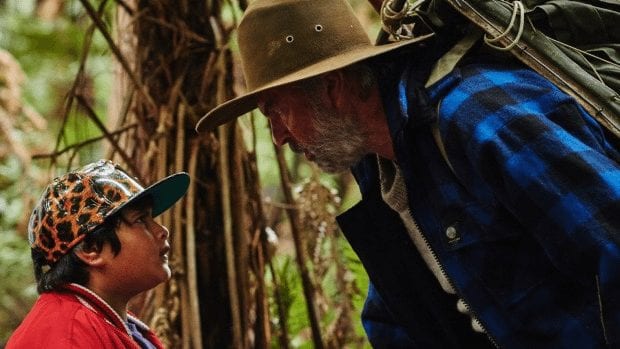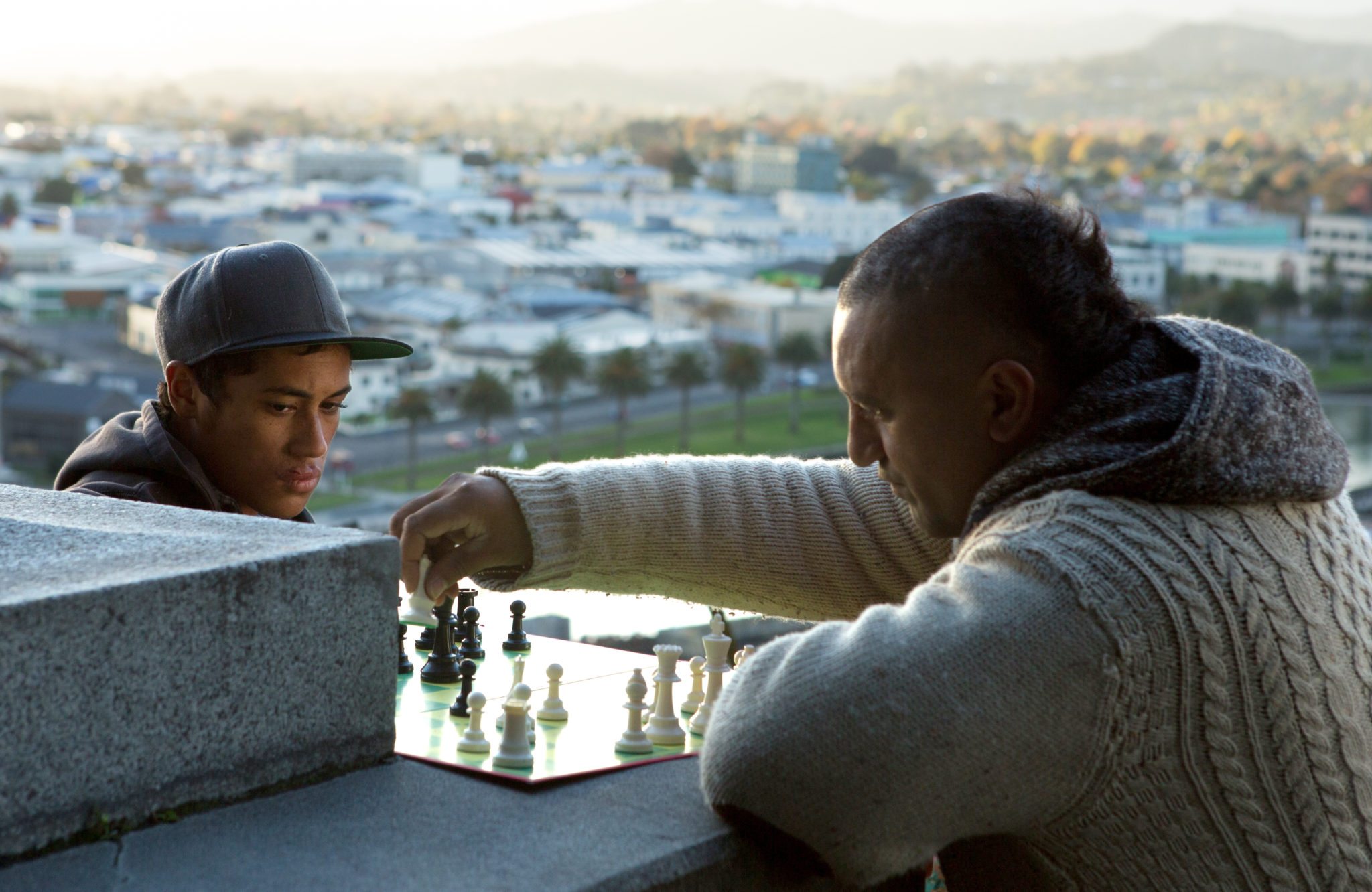
Hunt for the Wilderpeople – Foster Family Values
In Ecclesiastes 4:9 we read: ?Two are better than one, because they have a good reward for their toil. For if they fall, one will lift up the other; but woe to one who is alone and falls and does not have another to help.? (NRSV) Hunt for the Wilderpeople is a cinematic version of those words.

